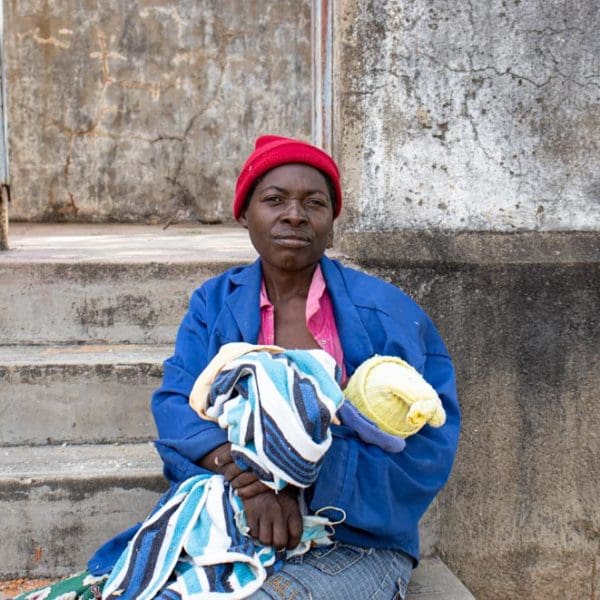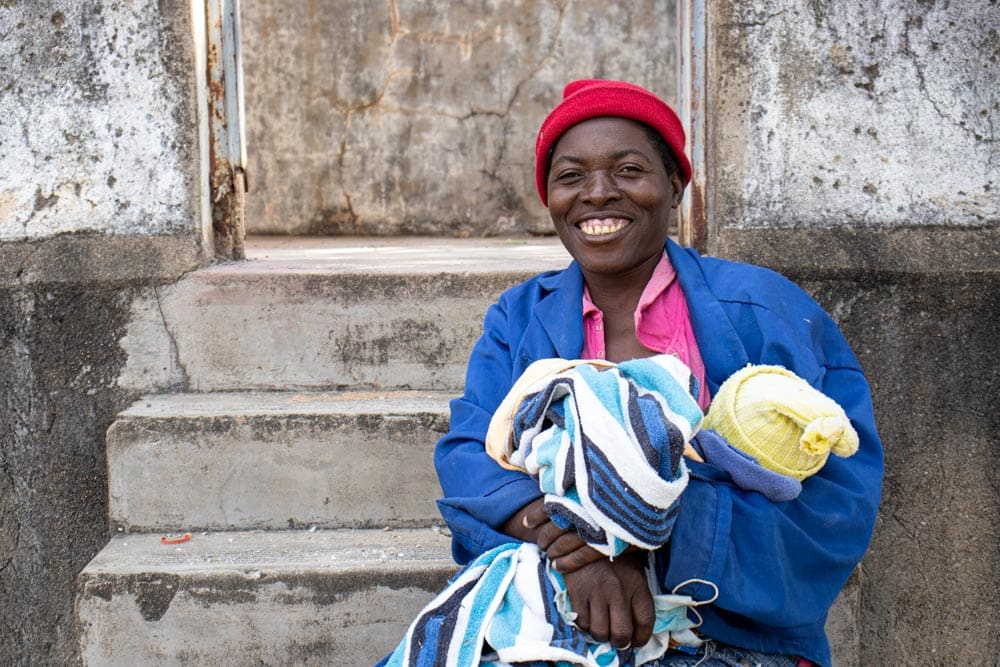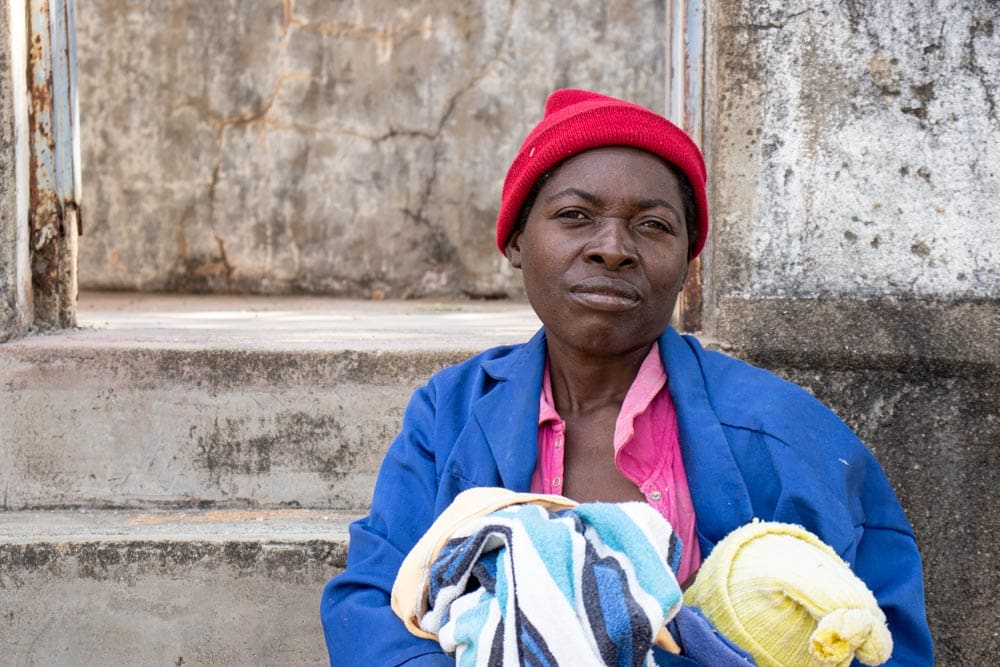Understanding the Patterns of Power Affecting Women
Soured by her experiences giving birth at home, Sebina’s ensuing pregnancies in the new marriage were all delivered at a hospital. “My last pregnancy was difficult. I didn’t have enough to eat, and the baby kept threatening to come early because of my asthma. My daughter is seven months old, but she’s unable to sit, and I don’t know why.” She faces yet another challenge.
Twenty years ago, a young SEBINA MASUKUTA met and married the love of her life, a man from Museki village, twenty years senior, “I just wanted to have children.”
Written By: CHARMAINE CHITATE
Her wish was fulfilled that year same year as they welcomed their first daughter. Life would soon prove it wasn’t meant to be.
At just 20 months, Sebina’s daughter fell sick with an unknown illness and passed away, leaving her mother heartbroken. Trying to fill the vacuum in her heart left by her late child, Sebina fell pregnant again, and in 2004, gave birth to another girl- at home. In 2012, feeling society’s scorn for not having a son, she became worried when she couldn’t feel any movements from the baby. “I went to the hospital, and they said everything was fine. When I got home, something triggered my asthma, and I went into early labour.”
Sebina and her husband tried to make their way back to the hospital. Still, it was too late as she gave birth on the way, “He was alive for less than an hour and died because we didn’t wrap him up in time.” It was the boy she always wanted.

MAY 31, 2021: At 43 years old, SEBINA MASUKUTA carried eight pregnancies to term- four of them being home births, “My last pregnancy was difficult. I didn’t have enough to eat, and the baby kept threatening to present early because of my asthma attacks. My daughter is seven months old, and I don’t know why she still can’t walk.” Out of eight pregnancies, Sebina lost two children under the age of 5. © Charmaine Chitate/ CARE
Now 43, Sebina’s hopes for a boy are not unfounded; instead, they reflect feedback shared during the development of the Takunda Gender Analysis. The overall objective of the analysis was to identify gender gaps, practices which influence patterns of power and control of assets, to name a few. In its preliminary findings, the study indicated that male elders would only parcel land to their sons upon marriage- allowing men to control more land than women.
With four daughters and no son, Sebina was unable to hold onto her late husband’s estate. One of the key findings highlighted in the gender analysis is women’s ability to develop coping solutions to support their families. Sebina re-married.
Sebina’s second husband is from Nhando village, which borders Museki village, “I wanted someone who could take care of me and do the same.” However, she could not take her children from a previous marriage, and someone came to the rescue, “My late husband’s sister offered to take care of the girls.”

MAY 31, 2021: In 2019 SEBINA MASUKUTA (43), early in her second marriage, gave birth to her first and only son. © Charmaine Chitate/ CARE
Soured by her experiences giving birth at home, Sebina’s ensuing pregnancies in the new marriage were all delivered at a hospital. “My last pregnancy was difficult. I didn’t have enough to eat, and the baby kept threatening to come early because of my asthma. My daughter is seven months old, but she’s unable to sit, and I don’t know why.” She faces yet another challenge.

